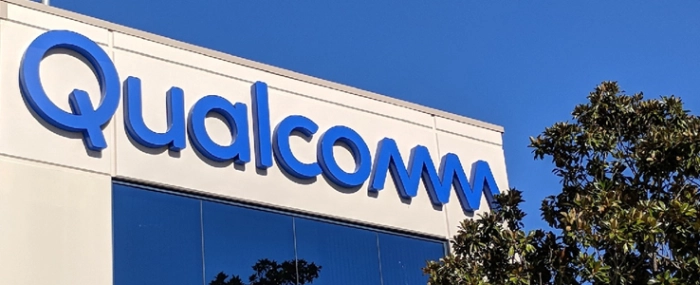
Qualcomm scores victory in chips trial against Arm
Jurors concluded that Qualcomm didn’t violate the terms of an agreement covering Arm’s chip products acquired while purchasing Nuvia by incorporating tech without paying a higher licensing rate.
A federal jury in the US has delivered a win to Qualcomm, the world’s largest maker of mobile phone processors, in a licensing dispute with British company Arm.
Jurors concluded that Qualcomm didn’t violate the terms of an agreement covering Arm’s chip products acquired while purchasing CPU design company Nuvia by incorporating the technology in its chips without paying a higher licensing rate.
Qualcomm bought Nuvia in a USD 1.4 billion deal that closed in 2021.
However, the jury were not able to agree on whether Nuvia breached the license. That issue may be retried at a later date.
Arm wanted Qualcomm to pay a higher licensing fee under a bilateral agreement between the two chipmakers, instead of the lower fee in Arm’s agreement with Nuvia.
Qualcomm is believed to have saved tens of millions of dollars due to the differences in royalties, according to a report by AFP.
“We are pleased with today’s decision,” Qualcomm said in a statement posted online. “The jury has vindicated Qualcomm’s right to innovate and affirmed that all the Qualcomm products at issue in the case are protected by Qualcomm’s contract with Arm.”
Arm may seek a retrial.
“We are disappointed that the jury was unable to reach consensus across the claims,” Arm said in a statement. “From the outset, our top priority has been to protect Arm’s (intellectual property) and the unparalleled ecosystem we have built with our valued partners over more than 30 years,” the British chipmaker added, in a statement to AFP.
According to Reuters, the outcome of the trial gives Qualcomm the green signal to move forward with “AI PC” in laptop chips aimed at chatbots, image generators and similar tasks.

